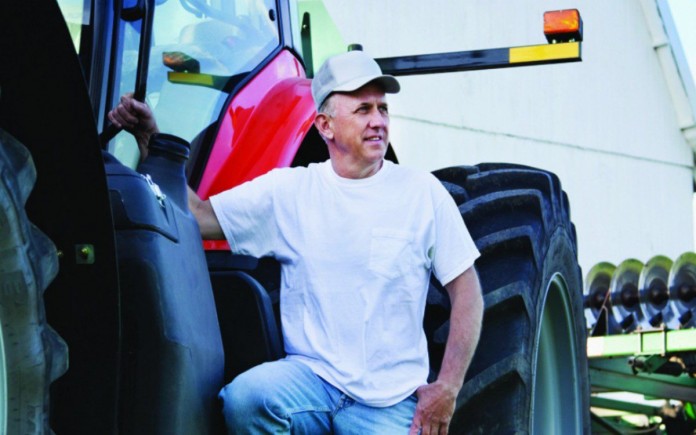“Try honestly to see things from the other person’s point of view. Show respect for the other person’s opinion. Never say, ‘you’re wrong.’”
— Principles from Dale Carnegie’s How to Win Friends and Influence People
Last week, I shared five observations on communication and agriculture that originated with Ryan Goodman, communications manager for the Montana Stockgrowers Association. His fifth point isn’t easy to swallow, but is key to agriculture’s future:
- 5. Members of the agriculture community need a serious lesson in how to communicate with others, how to facilitate a productive conversation, and how to respect others’ choices when those choices contradict their own beliefs.
Regular readers will recognize my soapbox: You can whine all you want that the general public doesn’t understand agriculture, but until you step out of your comfort zone and start listening, then sharing a conversation, what do you expect?
People don’t want to hear from a faceless organization, they want to hear from people they know, or “ordinary” people like them. People like you. Real people.
It’s all about trust.
Critical information is conveyed not by experts, but by a trusted source. Knowledge and expertise matter, but only when relationships are nurtured. Yet most people don’t have any direct connection to a farmer.
“Relationships are the true medium of knowledge exchange, and trust is the glue that holds them all together,” writes Harvard management professor Karen Stephenson.
Building a relationship takes time. It takes intention, thought and work. It’s not a drive-by connection.
And to have a relationship, you need to listen and try to understand someone else’s perspective. It doesn’t have to mean that you agree with that individual, but that you respect his right to a particular viewpoint.
But say you just met someone, and that individual is talking about farming — your livelihood, your passion — with incorrect information, or a view that differs from yours. Or you overhear someone ahead of you in line at the cash register blaming agriculture for obesity or diabetes or gas prices, or the issue du jour. Do you just stand there? Do you excuse yourself and beat a hasty retreat?
First, step back and give them the benefit of the doubt. It’s hard to know where someone is coming from with just one sentence.
Then, swallow the lump in your throat, ignore the rock in your stomach, and take a deep breath to lower your blood pressure, and simply say, “Excuse me, but I’m a farmer. Do you mind telling me why you feel that way?” or ask another question that let’s them know you were truly trying to listen and understand what they were saying.
Sometimes it’s a simple piece of information you take for granted that you can clarify for a nonfarm person. But you might need to dig a little deeper. “Can you help me understand that?”
Framing issues is key. That means presenting issues in a way that connects with where people are coming from, with what they already know, and with what’s relevant to them. If they’re already talking about food or something ag-related, you’re halfway there.
You don’t need to explain everything about farming (who can do that?). Just stick to one or two messages, one or two stories from your farm that share your passion.
Don’t bother with the science or technology — yes, yes, that’s important, but research has shown that sharing information about a useful application, how you use the science, triggered more support. (Plus, do you really want their eyes to glaze over?)
The conversation may not seem fruitful, but there’s a seed planted. You’ve shown you’re willing to listen, to consider another’s perspective, and to continue the conversation. (You did include the phrase, “hey, any time you want to visit my farm,” or “I’d be glad to answer any of your questions, just give me a call”, didn’t you?)
Try to answer the question. Really answer it, don’t just trot out the tired “we feed the world, and food is safe, affordable and abundant” response. That probably wasn’t the issue that framed the question.
Citizen influencers
Here’s the thing: In today’s networked, Web-savvy, 24/7, online-influenced society, there’s a new class of influencers. They’re not scientists, they’re not university elites, they’re not politicians. They are citizen stakeholders who have built relationships (that word again) and are seen as experts in any given field or in a physical or online community.
We find them all over the place in food and agriculture. We may like what they say or we may not. They may spread false claims or faulty information, or they may not. But they’re out there.
Farmers need to become those citizen influencers. Why? If you don’t, you live with the results of others doing the influencing. (The more times a false claim is repeated, the more likely people are to be exposed to it, and think it’s true. Try to put the genie back in the bottle then.)
Lastly, all farmers and anyone in an ag-related business need to realize that there is no single “right” production method. We should be embracing all interest in farming, not bashing each other.













